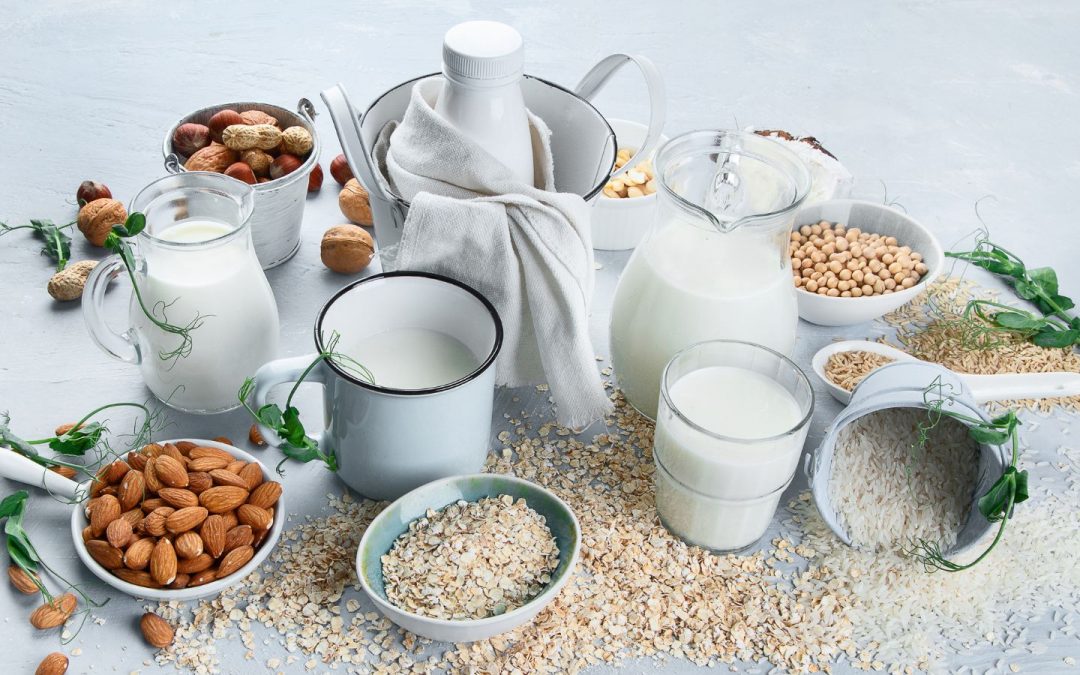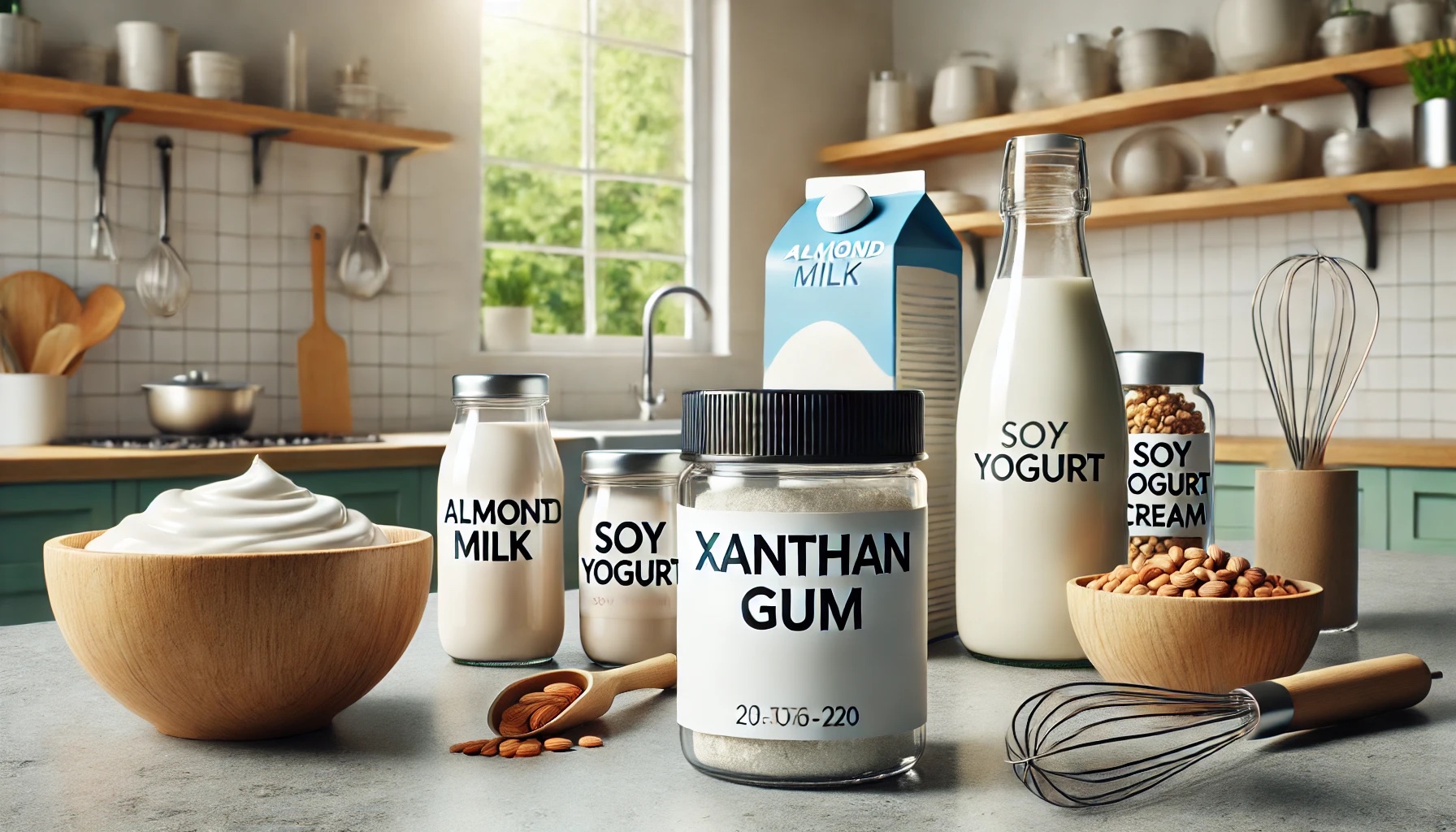What Are Marine Collagen Peptides and How Do They Differ from Other Collagen Sources?
Marine collagen peptides are a type of collagen derived from the skin, scales, and bones of fish, particularly cold-water fish such as cod and salmon. Compared to collagen derived from bovine or porcine sources, marine collagen stands out for its bioavailability, environmental sustainability, and clean-label-friendly attributes.
Key Differences:
- Source: Marine collagen is derived from fish, unlike bovine and porcine collagen, which are sourced from cows and pigs. This makes it suitable for pescatarians and people avoiding land animal-based products.
- Smaller Peptide Size: Marine collagen peptides are typically smaller in molecular weight compared to their bovine and porcine counterparts, enhancing their absorption and efficacy in the human body.
- Type I Collagen Dominance: Marine collagen is predominantly Type I collagen, which is the most abundant type in the human body, particularly in the skin, bones, and tendons. This makes it especially effective for skin and hair health, as well as joint and bone support.
- Clean Label Appeal: As consumers demand transparency, traceability, and minimal processing, marine collagen fits well into clean-label formulations due to its natural origin and environmentally sustainable sourcing.
Why Is Bioavailability a Key Factor in the Superiority of Marine Collagen Peptides?
Marine collagen peptides are highly bioavailable, meaning they are more easily absorbed and utilized by the body. This is due to their smaller molecular size, which allows them to be digested more quickly and efficiently than other collagen sources.
Technical Details on Bioavailability:
- Low Molecular Weight: Marine collagen peptides have an average molecular weight between 2,000-5,000 daltons, significantly lower than other collagen sources. This smaller peptide size facilitates faster absorption in the digestive tract.
- Rapid Absorption and Utilization: Once ingested, marine collagen peptides are broken down into smaller dipeptides and tripeptides. These peptides are quickly absorbed into the bloodstream, where they are distributed to skin, joints, and connective tissues.
- Improved Efficiency in Targeting Skin and Joints: Research suggests that marine collagen peptides can reach target tissues more efficiently due to their bioavailability. This can lead to faster and more noticeable improvements in skin elasticity, hydration, and joint flexibility.
How Does Marine Collagen Support Clean Label and Sustainability Trends?
Sustainability is a growing concern for consumers, and marine collagen peptides align well with the demand for eco-friendly, clean-label products. The collagen is often sourced as a byproduct from the fishing industry, making it a sustainable choice that minimizes waste.
Key Sustainability Benefits:
- Byproduct Utilization: It is primarily sourced from fish skins and scales, which are byproducts of the fishing industry. Utilizing these parts that would otherwise go to waste contributes to a more sustainable production process.
- Lower Environmental Impact: The production of marine collagen has a smaller environmental footprint compared to land animal sources, as it requires fewer natural resources and generates less greenhouse gas emissions.
- Traceability and Transparency: It can be sourced from wild-caught, sustainably managed fisheries, ensuring traceability and environmental responsibility. This appeals to clean-label consumers who seek transparency in sourcing and production.
Why Is Marine Collagen an Ideal Ingredient for Beauty and Skin Health Products?
Marine collagen is highly effective in supporting skin health due to its Type I collagen composition. Type I collagen is the primary component of skin, hair, and nails, making marine collagen particularly beneficial in beauty and anti-aging products.
Key Benefits for Skin Health:
- Enhancing Skin Elasticity and Firmness: They stimulate fibroblasts, the cells responsible for collagen production in the skin. This boosts skin elasticity and firmness, reducing the appearance of fine lines and wrinkles.
- Improving Skin Hydration: It has been shown to increase moisture retention in the skin. By supporting the skin’s natural barrier function, it helps keep the skin hydrated and plump.
- Promoting Skin Repair and Regeneration: Collagen plays a critical role in wound healing and skin regeneration. Marine collagen peptides support these processes, making them effective in products targeting skin repair, such as serums and topical treatments.
How Does Marine Collagen Contribute to Joint and Bone Health in Fitness and Wellness Products?
It’s ability to support joint, bone, and muscle health makes it an ideal ingredient for fitness and wellness supplements. Its bioactive properties enhance the regeneration of cartilage and connective tissue, which is essential for maintaining joint flexibility and mobility.
Collagen’s Role in Joint and Bone Health:
- Cartilage Regeneration: Marine collagen peptides stimulate the production of cartilage, a tissue that cushions joints and helps reduce friction. This can lead to improved joint flexibility and reduced pain, especially in individuals with osteoarthritis or joint wear and tear.
- Bone Density Support: Collagen is an essential component of bone tissue, contributing to bone strength and density. Regular consumption of marine collagen peptides can enhance bone health, reducing the risk of osteoporosis and fractures.
- Muscle Recovery: Collagen peptides provide the amino acids necessary for muscle repair and recovery, making marine collagen a valuable addition to post-workout recovery supplements.
What Makes Marine Collagen Peptides a Clean Label Ingredient?
They meet the demand for clean label products, as they are free from additives, allergens, and contaminants. This aligns with consumer preferences for minimal processing and simple ingredient lists.
Clean Label Attributes of Marine Collagen:
- Minimal Processing: It is extracted using gentle enzymatic hydrolysis, a process that breaks down the collagen into smaller peptides without the use of harsh chemicals or solvents. This maintains the purity of the final product.
- Free from Common Allergens: It is free from common allergens such as dairy, gluten, and soy, making it suitable for a wide range of consumers, including those with dietary restrictions.
- Non-GMO and Additive-Free: They are typically non-GMO and free from artificial additives, preservatives, and colorants. This clean, straightforward composition appeals to consumers looking for transparency in their supplements and food products.
How Is Marine Collagen Used in Functional Foods and Beverages?
As functional foods and beverages continue to rise in popularity, these peptides are being incorporated into a variety of formulations. Their neutral flavor and solubility make them an ideal ingredient for enhancing the nutritional profile of these products.
Applications in Functional Foods and Beverages:
- Protein Bars and Snacks: They can be added to protein bars and snacks, providing a high-quality source of protein while supporting skin and joint health. Their low molecular weight allows for easy incorporation without affecting the texture or flavor of the product.
- Collagen-Infused Drinks: They dissolve easily in liquids, making them a popular ingredient in collagen-infused waters, teas, and smoothies. These drinks cater to consumers looking for convenient, on-the-go ways to support their beauty and wellness goals.
- Fortified Foods: They can be used to fortify foods such as soups, sauces, and baked goods, adding nutritional value without altering the taste or consistency. This versatility allows manufacturers to meet the growing demand for functional foods with added health benefits.
What Are the Key Nutritional Benefits of Marine Collagen Peptides?
They provide a unique set of amino acids that are essential for overall health and well-being. These peptides are particularly rich in glycine, proline, and hydroxyproline, amino acids that play a critical role in maintaining healthy skin, joints, and bones.
Nutritional Profile:
- High in Essential Amino Acids: They are a complete source of protein, containing all nine essential amino acids needed for various bodily functions. This makes them a valuable addition to diets focused on muscle repair, joint health, and overall vitality.
- Glycine for Detoxification and Sleep: Glycine, a key amino acid in marine collagen, supports liver detoxification and enhances sleep quality by promoting the release of serotonin. This makes marine collagen an appealing ingredient for wellness-focused products.
- Proline for Skin and Connective Tissue: Proline is essential for the production of collagen in the skin and connective tissues. By providing a rich source of this amino acid, marine collagen helps maintain skin integrity and joint mobility.
Conclusion: Why Are Marine Collagen Peptides a Superior Choice for Clean Label Products?
Marine collagen peptides are a superior choice for clean label products due to their bioavailability, sustainability, and versatility.
Their small peptide size ensures rapid absorption, while their eco-friendly sourcing from fish byproducts aligns with sustainability goals.
In addition to supporting beauty, joint, and bone health, they are easily incorporated into functional foods, beverages, and supplements without compromising flavor or texture.
As consumers continue to seek out natural, effective, and traceable ingredients, marine collagen peptides offer a compelling solution that meets the growing demand for clean-label, high-performance products.
Whether used in beauty, fitness, or general wellness products, marine collagen peptides provide a scientifically backed, nutrient-rich option for health-conscious consumers.








